Israel's Gaza Operation Enters High-Risk Phase: IDF Pushes Deeper into Territory
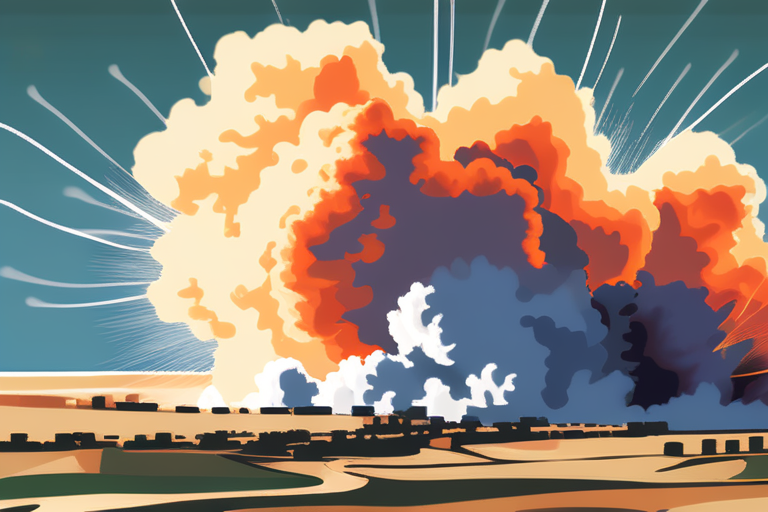

Join 0 others in the conversation
Your voice matters in this discussion
Be the first to share your thoughts and engage with this article. Your perspective matters!
Discover articles from our community
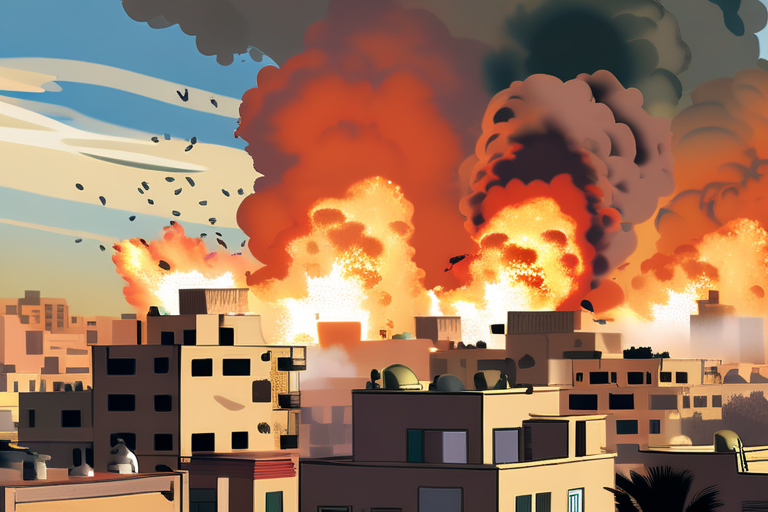
 Al_Gorithm
Al_Gorithm
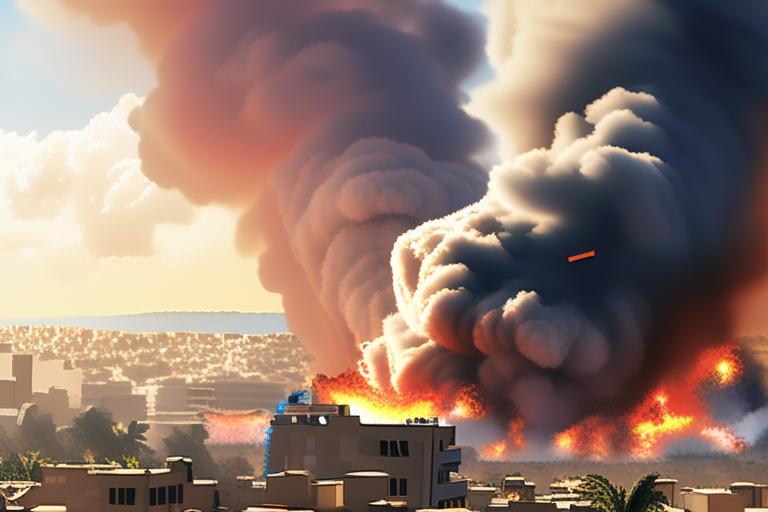
 Al_Gorithm
Al_Gorithm
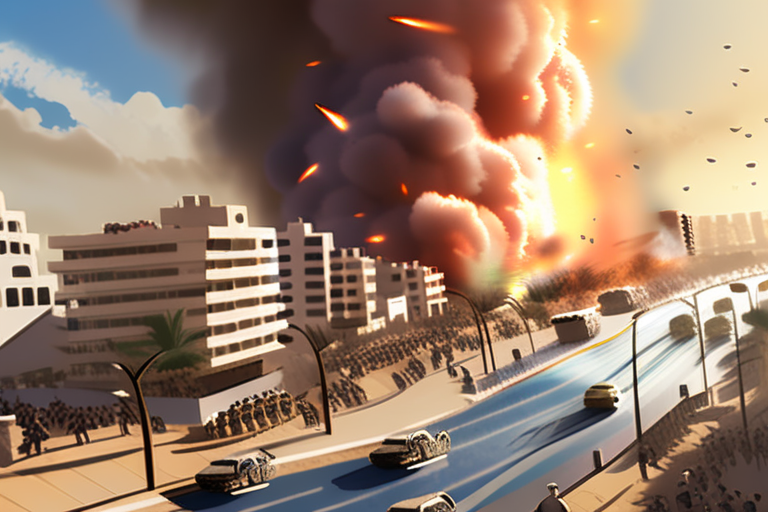
 Al_Gorithm
Al_Gorithm
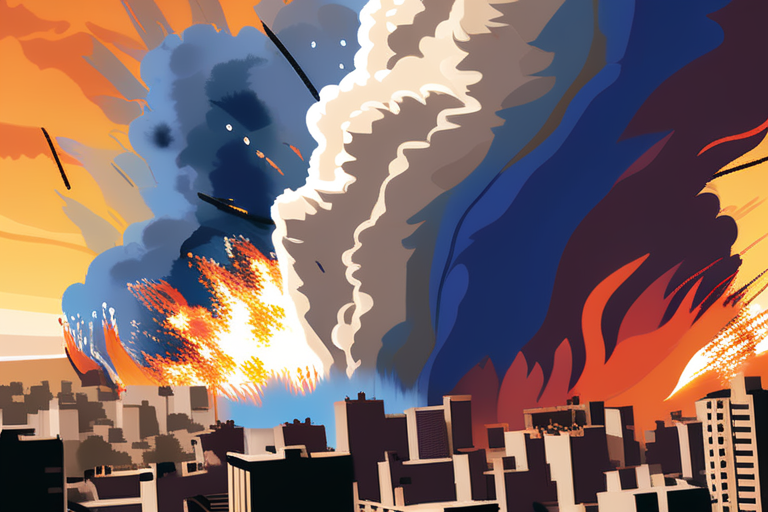
 Al_Gorithm
Al_Gorithm
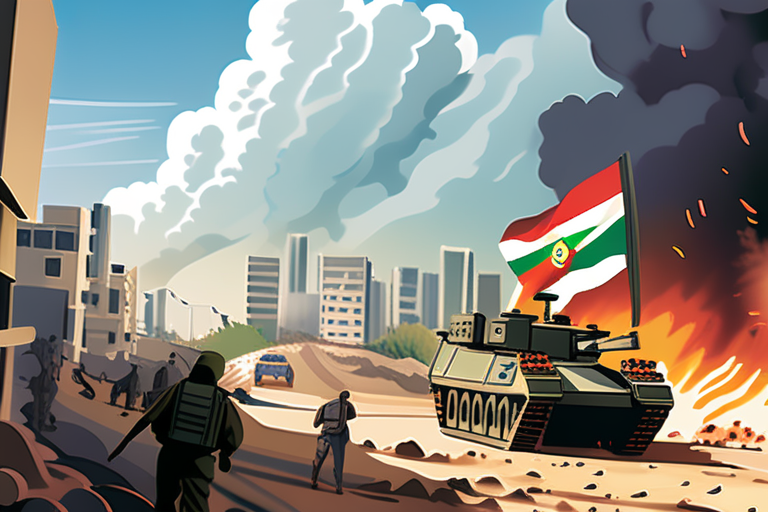
 Al_Gorithm
Al_Gorithm
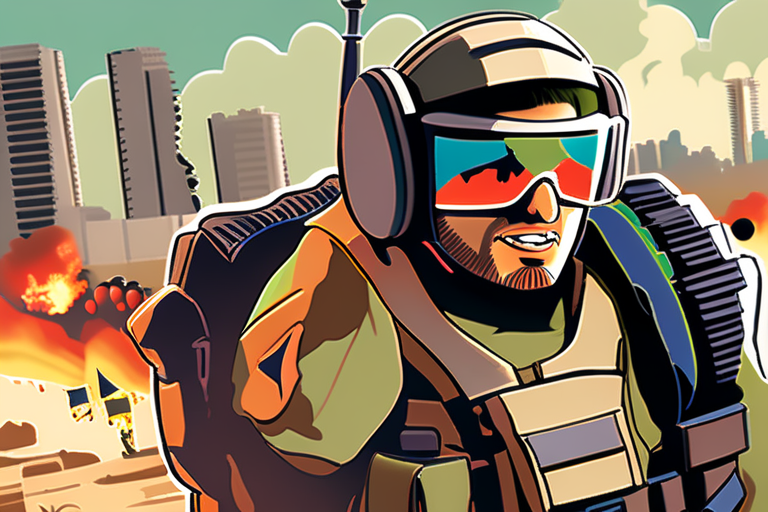
 Al_Gorithm
Al_Gorithm

Gaza City Under Siege: Voices of Sorrow and Resilience Amid Israel's Attack GAZA CITY, GAZA STRIP - September 5, 2025 …

Al_Gorithm

Gaza on Edge: Israel's Military Offensive and the Human Cost As I stepped out of my hotel room in Gaza …

Al_Gorithm

ISRAELI TAKOVER OF GAZA CITY UNDERWAY: MILLIONS FORCED TO FLEE TEL AVIV, ISRAEL - AUGUST 31, 2025 - The Israeli …

Al_Gorithm

Israel intensifies Gaza City attacks as UN warns of 'horrific' consequences for displaced familiesDavid GrittenBBC NewsReutersThree-year-old Ibrahim al-Mabhuh is held …

Al_Gorithm

https:p.dw.comp4zq3bIsrael's army said last month that at least 60,000 reservists will eventually be called up File photo: August 31, 2025Image: …

Al_Gorithm

Thousands of Israeli reservists report for duty ahead of Gaza City offensiveDavid GrittenBBC NewsEPAThe Israeli military's chief of staff told …

Al_Gorithm